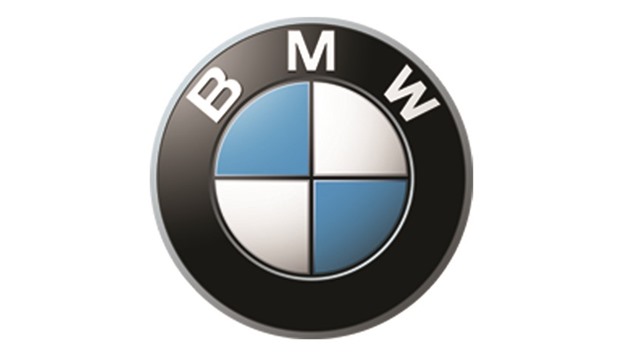Seeks to cut vehicle weight with new materials; says high cost of carbon fibre limits use; bets on mixing materials to make lighter, more efficient cars
German auto maker BMW Group is limiting its use of costly carbon fibre and turning to cheaper lightweight materials such as aluminium and steel for its biggest selling cars to keep profit margins high.
Lighter cars consume less fuel or if they are battery-powered can drive for longer on a full charge, vital attributes for manufacturers seeking to score points with consumers and regulators.
But there is a trade-off.
Although carbon fibre is stiffer and lighter than aluminium, it is more expensive, and BMW faces tough choices on how to remain profitable as competitors close in with their own lightweight electric car offerings.
BMW is now combining carbon fibre with other lightweight materials to shave weight from cars without making them too expensive.
“The main equation is how much cost do I spend for a kilogram reduction in weight. It is not about one material it is about the combination of materials,” Oliver Zipse, BMW’s board member responsible for manufacturing, said at the opening of a new €20mn high-tech research facility specialising in lightweight materials.
The lighter you can make an electric car, the less you need a large battery to power it, saving costs.
Batteries are the most expensive part of electric vehicles, which remain an unprofitable segment in the auto industry.
After launching two cars which made heavy use of carbon fibre including the i3 city car and the i8 hybrid in 2013, BMW’s new 5-series, presented earlier this month, does not use the material for major components.
Sales of BMW’s i3 electric car have failed to take off, analysts say, in part because of the extensive use of carbon fibre, which has made the vehicle expensive.
It costs around €45,000.
Competitors such as Tesla are planning to launch models for around $35,000, and have received up to 400,000 pre-orders for these more affordable vehicles.
BMW is now working on ways to further reduce the costs of incorporating carbon components into mass production and is making good progress, Zipse said.
Carbon fibre, which needs to be bonded and glued together rather than stamped or welded, costs around €16 per kilo, compared with less than a euro for a kilo of common steel, according to consultants at Frost & Sullivan.
The costs of carbon fibre are expected to come down as its use becomes more widespread in industries such as aircraft manufacturing, Boston Consulting Group said.
If luxury cars use only 1% of carbon fibre, the market for automotive components could grow from about $250mn to around $3bn in the next 10 years.
Several car makers have entered technology cooperation deals with specialist companies to push advances in carbon manufacturing.
BMW has a cooperation deal with SGL Carbon, General Motors with Teijin, and Audi with Voith and Daimler with Japan’s Toray Industries.
BMW already makes some components for its new 7 series out of carbon.
But this is only possible because it is a high margin model.
BMW is under pressure to raise its game as German rivals Daimler, parent company of Mercedes-Benz and Volkswagen, which owns Audi, as well as Tesla Motors in the United States have outlined aggressive plans to court affluent buyers with new electric cars.
BMW said last month it would expand its electric offerings with all-electric versions of the Mini and its BMW X3 compact sport utility vehicle in 2019 and 2020, respectively.
Zipse declined to comment on whether future BMW and Mini vehicles will make extensive use of composite materials.
BMW chief executive Harald Krueger was more direct, effectively ruling it out for smaller low margin cars.

